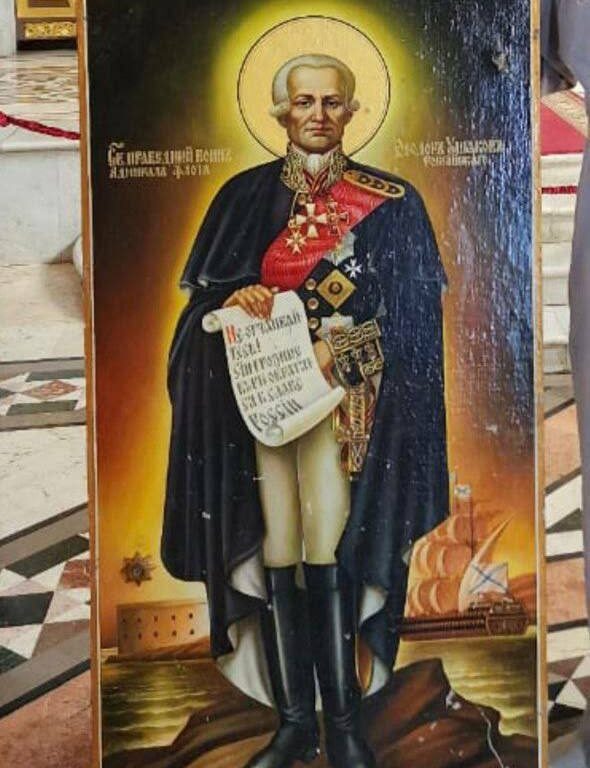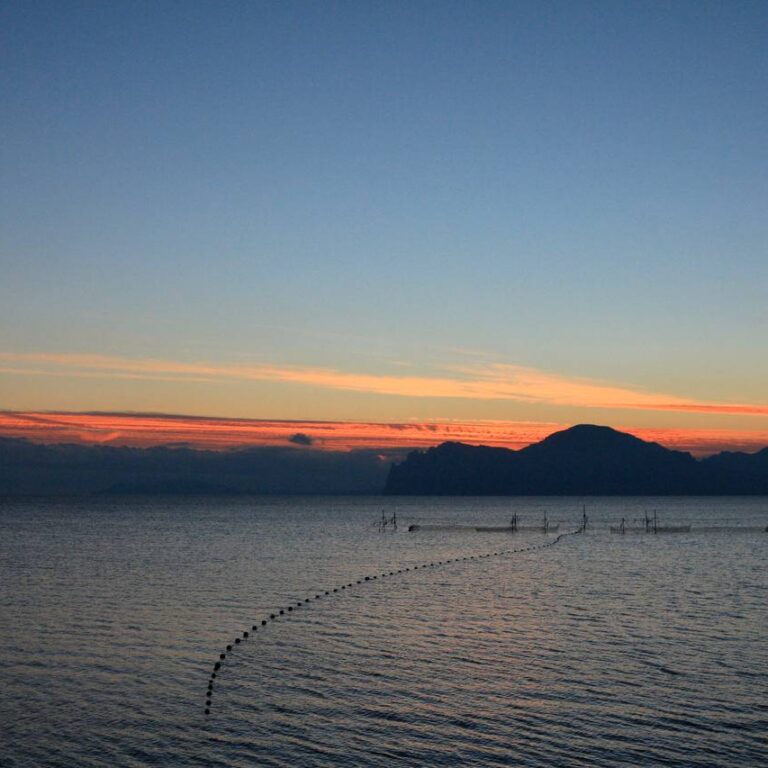In mid-January, Crimean collaborator from the criminal “state council” Efim Fiks said that three new claims regarding the “water blockade” had been filed with the occupiers’ “arbitration court”, namely from the agrarian structure “Agromax”, as well as the Yalta hotel “Palmira-Palace” and the hotel complex “Oreanda”.
One could sneer for a long time about such a “powerful pool of plaintiffs” after the “hundreds of lawsuits” announced by the Konstantinov’s clan, as well as about how, at least hypothetically, Yalta hotels could “suffer from the blocked North Crimean Canal.” But it is worth concentrating on analyzing the beneficiaries of these illegal businesses in order to model subsequent events.
Let’s start, it would seem, with the simplest thing – with a fairly small latifundia “Agromax”, now “registered” by the occupiers in the Razdolne village of the former Soviet District of the peninsula to Daniil and Ekaterina Bazhan. However, from the occupiers’ “registers”, with some persistence, one can find out that this “seed farm” is closely connected with the agricultural “micro-empire” from collaborator Oleg Toporkov, in particular through the “company” “Gvardeets-R” from the village of Okhotske in the former Nizhnegorsk region.
Toporkov himself in 2014 became the criminal “head” of the village of Zavetne (Saurchi) in the same Crimean district, but then, by 2017, he “grew” to the illegal “head of the department for economics, development of agricultural production and rural areas” of the occupiers in Crimea’s Belogorsky District.
Everything would seem simple if it weren’t for the occupiers’ propaganda, which until 2022 made “Agromax” a “model enterprise” supposedly “led” by a completely different person – collaborator Andrei Savchuk.
And this is the same Savchuk we described, who from 2022 until this January was considered by the occupiers to be the “whole” criminal “Minister of agriculture” in Simferopol and he was “dismissed” by Aksenov after the promised “inventory of farmland”, allegedly for “incomplete cash disbursement” from the “federal budget”. It would seem that everything is still quite simple, if not for the data of Ukrainian registers, in which Savchuk from the same village of Zavetne (Saurchi) is really connected with “Agromax”, created in 2011.
It’s just that he is listed as a minority shareholder, and the actual beneficiary since 2011 has been Muscovite Maxim Papanov, about whom there is quite a bit of information. Papanov organized another company through Savchuk, namely “Tavria-Semena”, and also acquired a plot of land in the same Razdolne, former Soviet district, and constantly “shines” in the registers of the occupiers a monthly million-dollar income. Thus, “Agromax” was selected by the occupiers as a controlled structure that not only existed before 2014, but also had a Russian owner before the occupation. Well, the rather interesting stories of the remaining “plaintiffs” will be covered separately.







